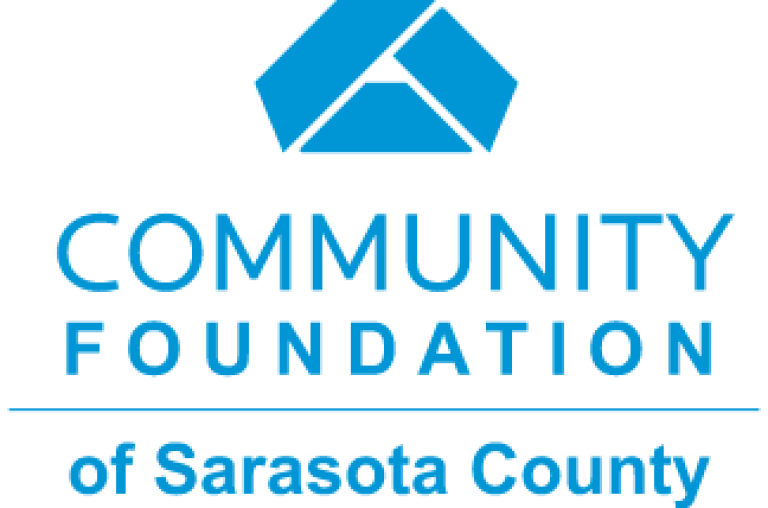September 15, 2020
The 2020 Census: A Voice for the Future
Categories: BELONGING AND CULTURE: Bridging Generations, Civic Responsibility, Civic Engagement,
A few years ago, I got the itch to learn more about my family history. My grandmother had recently passed away, and without any living grandparents to affirm or deny any family lore, facts were the friction I needed to help me carve a documented family history.
Of course, this lead me down the rabbit hole of public records available through Ancestry.com. Voter records, death and birth certificates, and the work of other amateur genealogists who typed and searched before me furthered my efforts to document my Irish-Portuguese-French Canadian roots. The good news was that give or take a few years and liberties, my family (on both sides) had been accurate in their oral histories.
Among all the digitized paperwork uncovered, it was the U.S. Census that provided the richest understanding of family members whom I never (or barely) met. The information available today is a virtual time capsule that halts at 1940 as the records for the US Census are sealed for 72 years.
Today’s Census – which needs to be completed by September 30, 2020 – only asks seven (7) questions, but in the first 40 years of the 20th Century requested quite a bit more input. For example, of the 28 questions asked in 1900 I was able to learn my relatives’ household income, occupation/trade, employment status, their ability (or inability) to read or write, how many months children attended school, and how many living children a mother had.
While the 2020 Census asks quite a few less questions, the implications are perhaps more important for charting the future than tracking the past. By responding to the census, each household response helps allocate federal funding and congressional representation, among other critical metrics. Yes, I am glad to know that my great, great-grandmother’s father was a farmer in Northern Ireland and that my great-grandmother boarded a ship from Lisbon for Boston in the early 1900s. That said, I think it is more imperative to recognize that the answers we are sharing today provide a voice as well as an economic and social blueprint for future generations. Funding for schools, hospitals and roads – just to name a few top items – are all viewed through the lens of the census.
Responding to this year’s census is a once-a-decade opportunity to make sure those who follow have more to count on than a historical record. Complete the census and encourage others to do so as well to give coming generations a clear voice for the future.
P.S. The individual data collected in the 2020 Census will be available to all you would-be genealogists in 2092. You may want to consider writing your own personal history rather than awaiting those records to be released for your family to discover.
